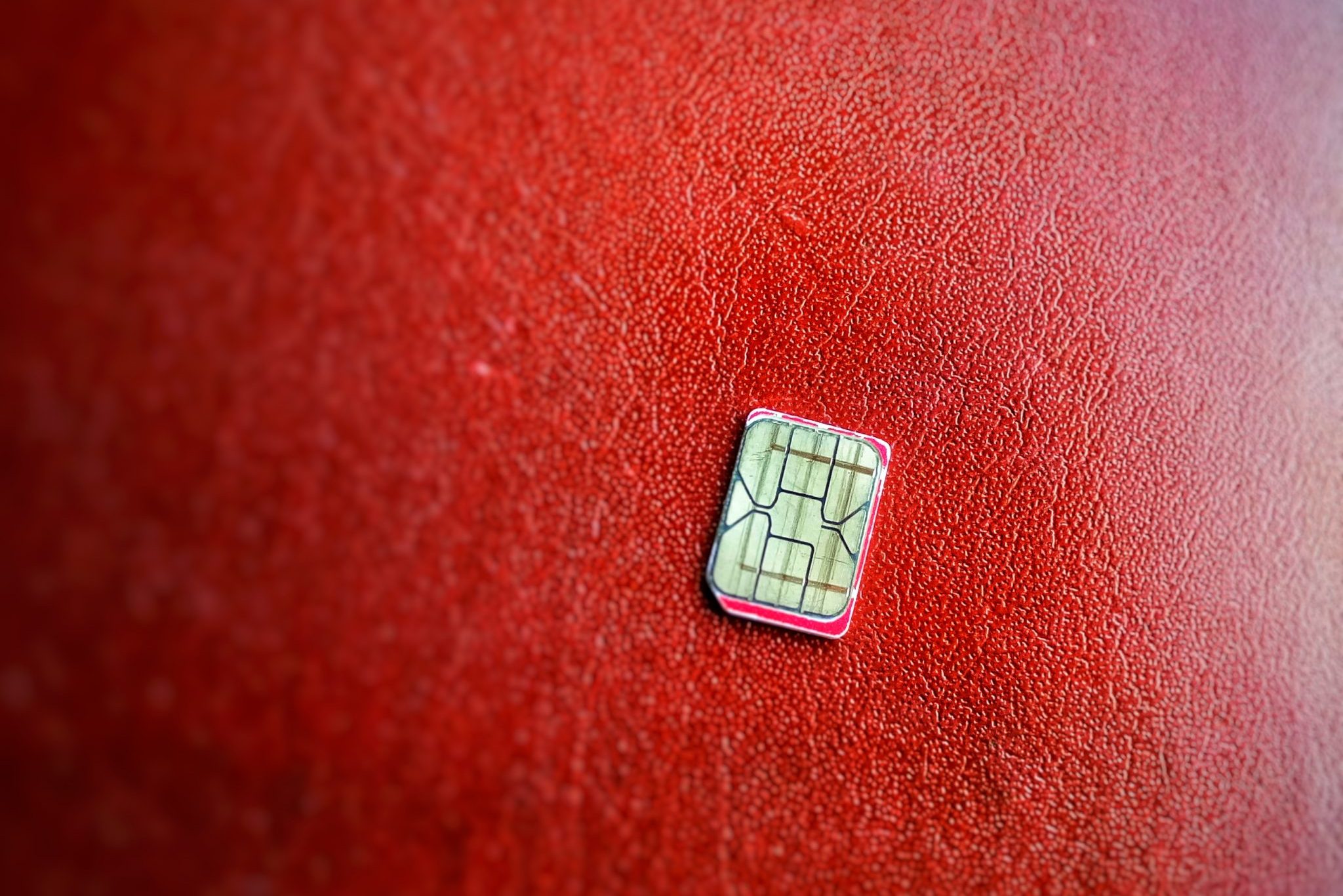While scammers are becoming more ingenious in how they’re targeting potential victims, there’s a raft of brilliant new tech that can safeguard customers from fraud. Here’s how you can stay protected…

Unfortunately, mobile phone fraud is still alive and well. New schemes are regularly introduced by scammers to part customers from their cash (or steal their identities), making it increasingly difficult to know when you’re at risk.
It’s not all doom and gloom, though. Far from it. We’re constantly developing new tech to identify fraud before it happens and ensure that customers can report it quickly should they fall victim.
But how are customers protected against the likes of phishing, scam calls and other nefarious tactics? Here’s everything you need to know…
Fighting the Wangiri scam
Last year, Vodafone announced the deployment of smart, network-wide tech to combat Wangiri scammers. If you’re not familiar with Wangiri, it’s an international phone fraud tactic designed to cost customers hundreds of pounds, with this money lining the pockets of scammers.
Wangiri, which is a Japanese phrase for ‘one ring and cut’, has become a popular means of targeting UK phone owners. Potential victims receive a single ring from an unknown, international number, and, should they call this number back, they’ll be rerouted through a high-cost premium line, resulting in a hefty bill.
Thankfully, we’ve been able to prevent the vast majority of these cases occurring. In August 2018, we rolled out a new system to Vodafone’s entire UK mobile network. The system detects when a Wangiri scammer is targeting our customers and, when identified, blocks further calls – without customers having to lift a finger. That said, if something does slip through the net and troubling calls still arrive, all you need to do is text CALL to 7726, free of charge. We’ll reply asking for the number in question, and then we’ll get to work.

This anti-fraud measure has routinely blocked Wangiri attacks that are capable of generating over 100,000 calls per day , and has been a useful weapon in the fight against fraud. But there’s always more that can be done.
Keeping your identity safe
It’s very common for mobile phone fraud to involve identity theft. Subscription fraud, for example, involves stealing a customer’s personal details to set up a new mobile phone account without their knowledge. Fraudsters may also send phishing texts or emails to seize control of a customer’s existing account.
So, how can you ensure your details don’t land in the wrong hands? The answer may sound simple, but scammers are successful for a reason: they’re proficient at leading people astray and convincing them that they’re reputable. According to a member of our security team, a number of these ‘impersonation frauds’ are a result of people claiming to be from Vodafone – via calls, emails or texts – and requesting personal information that would enable this fraud.
With this in mind, you can protect yourself by checking the identity of anyone asking for details such as banking information, user names or passwords, whether that’s by phone, face-to-face or online. If you’re unsure that it’s really Vodafone calling, hang up and get in touch by calling 191 from your mobile, or by going online to use our Webchat service.
And there are plenty of other simple ways to protect both yourself and your information. For instance, while social media encourages sharing, it’s important to ensure you limit the amount of personal information you make open to the public – this is something each app’s privacy settings can help with.

Then, there’s the tried-and-tested formula of never writing down or sharing your PIN, and shredding any documents that may hold personal details that can be used by scammers. Indeed, scammers could gain clues from your personal details that could help them gain access to your account. This is why it’s best to avoid choosing numbers for your PIN that are closely linked to you – for example, the day, month or year from your date of birth.
Also, memorable words or answers can be easily deciphered if they’re too obviously plucked from your personal details. Your place of birth might be easy to remember, for example, but if you still live there then the answer is staring criminals in the face – in your address.
Again, these may sound obvious, but such steps can be the difference between being secure and being scammed.
By remaining diligent, you can ensure your personal information remains safe from scammers. If something does happen, however, we’ve made it easier than ever to report any suspicious activity.
See it, report it
While new technology was introduced to stem the Wangiri threat, we’re continuing to take further action in the fight against mobile phone fraud. One of the key ways in which we’ve done this, is to make it easier than ever to get in touch if you feel your account has been compromised.
Just last year, we launched a direct dial service so that customers can contact our anti-fraud team directly, seven days a week. If you believe that a fraudster may have gained access to your Vodafone account, or a Vodafone account has been set up in your name without your permission, you can contact the anti-fraud team on 0333 304 1665, or submit an online report.

Our fraud analysts are specially trained to assist customers with different types of mobile phone scams, so whatever your worry, we can help. Our analysts will offer fraud victims a full briefing on what’s happened, the steps that Vodafone is taking to support them, and what they can do next to protect themselves.
So, while scammers may be getting craftier, we’re always finding new and improved ways to combat them – ensuring that you can feel safe and secure as you go about your day. Whatever the future may hold, we are more than ready for the fight against fraud. And if you believe that you’ve been a victim of fraud, head here to find out more about how you can report it.




